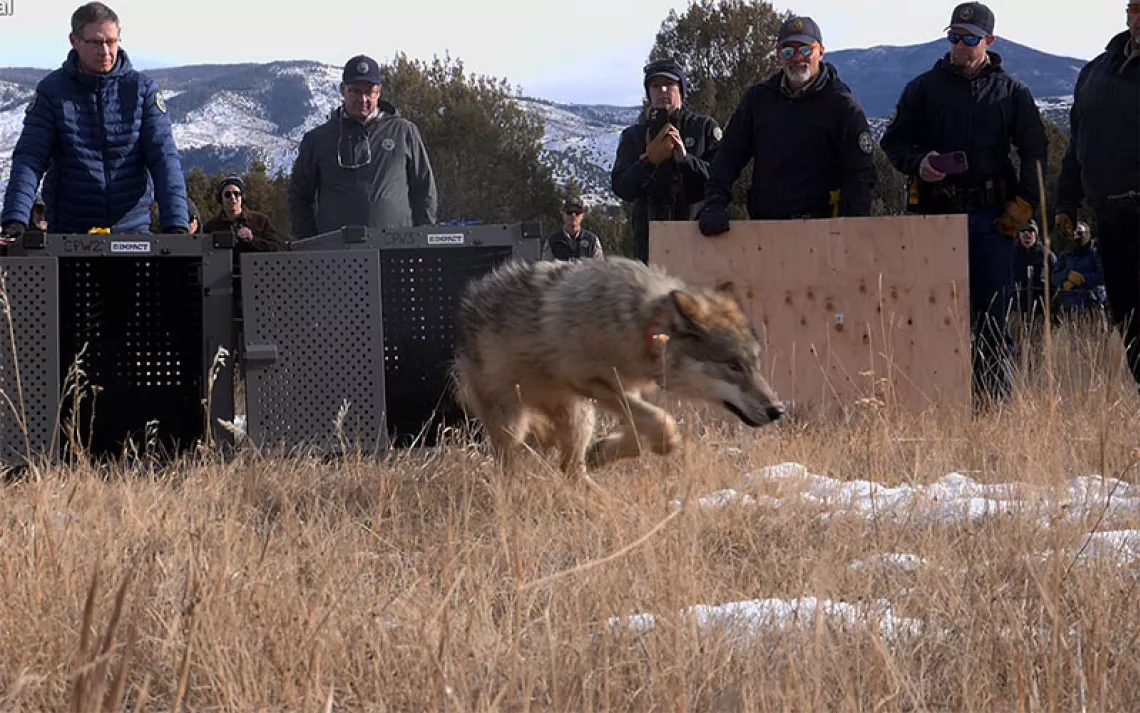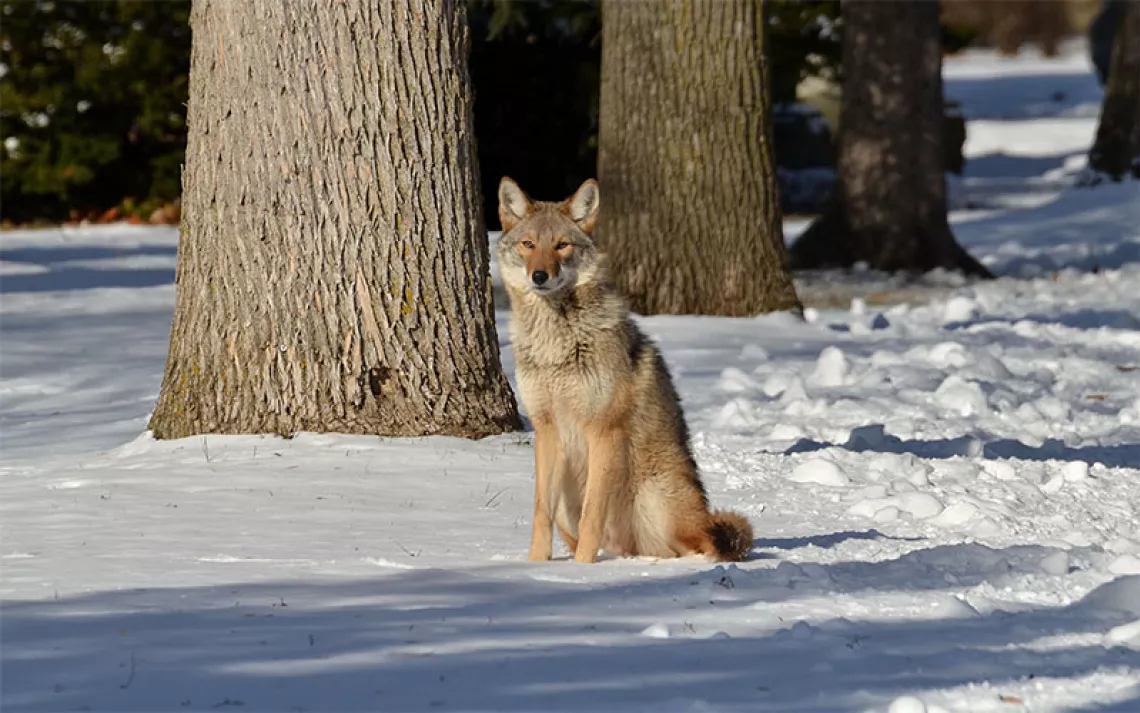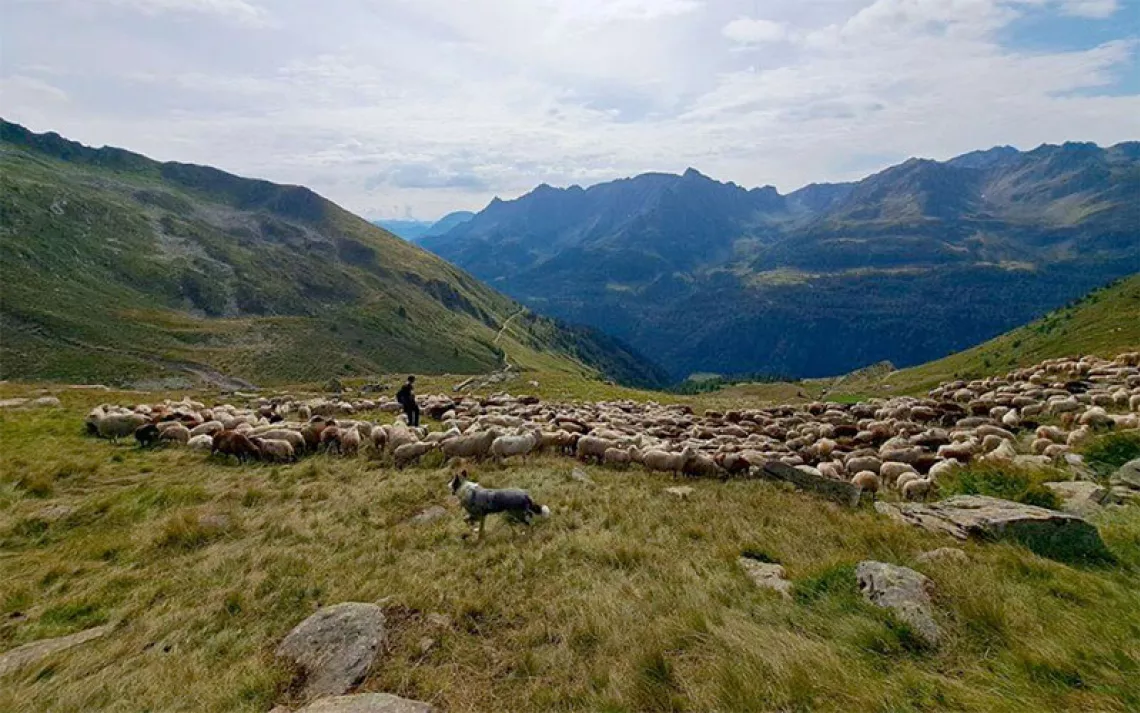Oregon's Gray Wolf De-Listed

Photo courtesy of USFWS Pacific Region
Last Monday, Oregon wildlife officials made the controversial decision to remove the gray wolf from the state’s Endangered Species Act list. The commission’s 4-2 vote removes state and federal protections from gray wolves in the eastern third of the state.
With only 81 known wolves left in the state, the decision was met with criticism from some environmental groups that claim the move was premature. The change in status won’t immediately affect the current population, as the wolf management plan created in 2005 remains in place. Under that plan, wolves can only be killed in instances of self-defense, or if caught in the act of livestock predation. However, it does open up the possibility of future policy changes. Wolves that occupy the western two-thirds of Oregon still enjoy protection under the federal Endangered Species Acts, which takes precedence over state decisions.
Gray wolves made headlines in 2011 when OR7—the seventh gray wolf fitted with a radiocollar in Oregon—made a 3,000 mile journey across four mountain ranges, five national forests, four highways, and one interstate in search of a mate. The wolf made its way nearly to Sacramento and back, eventually found a mate, and had three pups in a den close to the California border.
Though 81 may not seem like a significantly large number of wolves, the current wolf population in Oregon has made a remarkable comeback since the species disappeared from the state decades ago. The last of the state’s wolves was shot for a $25 dollar bounty in 1947. The 81 wolves that now live in Oregon are the result of the successful dispersal of Canadian wolves reintroduced into Yellowstone National Park in 1995.
In February, wildlife officials found nine breeding packs with seven breeding pairs living in Oregon. This constitutes a viable population not at immediate risk of extinction, according to the state’s wolf management plan. Many claim, however, that the decision to de-list the species derails a recovery effort still in its infancy. U.S. Representative Peter DeFazio, for example, met the decision with outrage. “Despite the success we have had in Oregon, wolf recovery is still at a very fragile, early stage in recovery,” DeFazio says.
Wildlife officials say they will carefully and closely manage gray wolves in Oregon to ensure the health and longevity of the growing population. For now, it is not open season on grey wolves in Oregon, but the recent decision may render them more vulnerable in years to come.
 The Magazine of The Sierra Club
The Magazine of The Sierra Club



